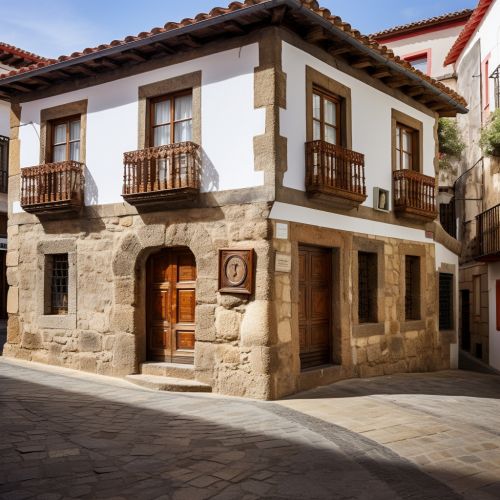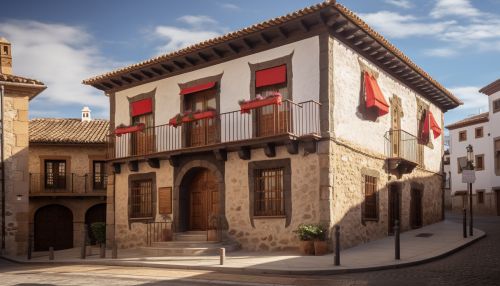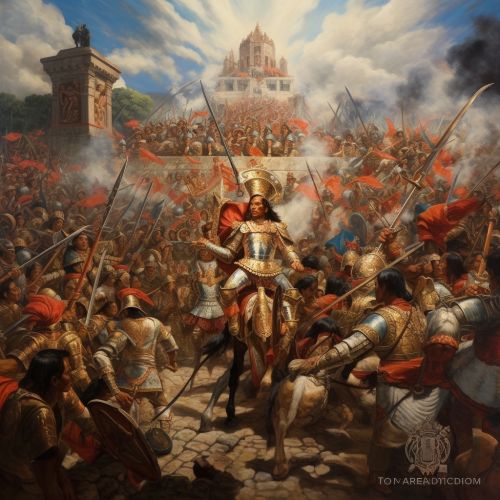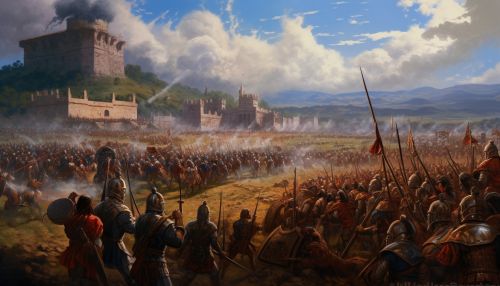Hernán Cortés
Early Life
Hernán Cortés was born in 1485 in the town of Medellín, located in the province of Extremadura. He was the son of Martín Cortés de Monroy and Catalina Pizarro Altamirano—members of the lesser nobility, known as hidalgos. Despite his family's relatively low social status, Cortés was well-educated, studying Latin and the humanities at the University of Salamanca.


Journey to the New World
In 1504, at the age of 19, Cortés sailed to the New World as part of an expedition led by Nicolás de Ovando, the newly appointed governor of Hispaniola. Over the next few years, he would participate in the conquest of Hispaniola and Cuba, earning a reputation for his bravery and leadership skills.
Conquest of Mexico
In 1518, Cortés was appointed as the commander of an expedition to Mexico, then known as New Spain. Despite initial resistance from the indigenous peoples, such as the Tlaxcalans, Cortés managed to form alliances with some of them, including the Tlaxcalans and the Nahuas, who were enemies of the Aztec Empire.
Cortés first met the Aztec emperor, Moctezuma II, in November 1519. Despite the emperor's initial hospitality, tensions soon escalated, culminating in the La Noche Triste (The Sad Night), during which Cortés and his men were driven out of the Aztec capital, Tenochtitlán. However, Cortés regrouped and, with the help of his indigenous allies, laid siege to the city. After a three-month siege, Tenochtitlán fell in August 1521, marking the end of the Aztec Empire.


Later Life and Death
After the conquest of Mexico, Cortés served as the governor of New Spain until 1524. He continued to explore Central America, leading expeditions to Honduras and Baja California. However, his power and influence waned over time, and he returned to Spain in 1541. He died in Seville in 1547, at the age of 62.
Legacy
Cortés's legacy is a complex one. He is often seen as a symbol of the destructive impact of colonialism on indigenous cultures. However, he also played a key role in the spread of Christianity in the Americas, and his conquests paved the way for the expansion of the Spanish Empire.
